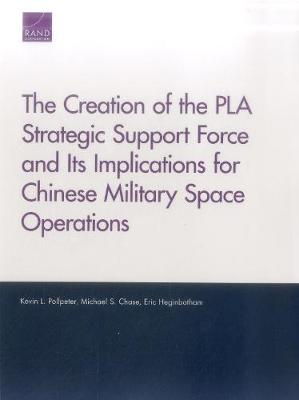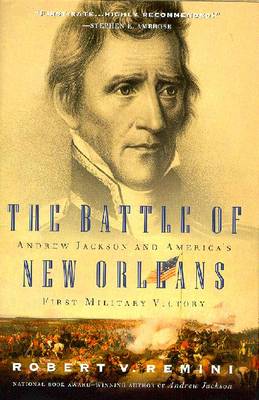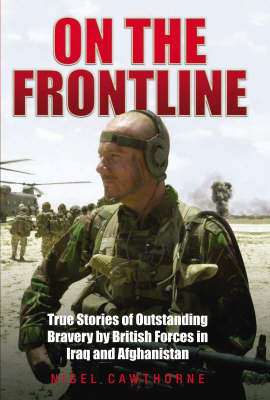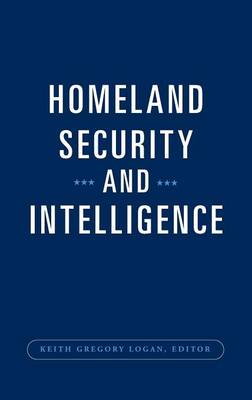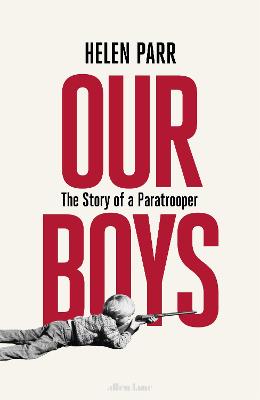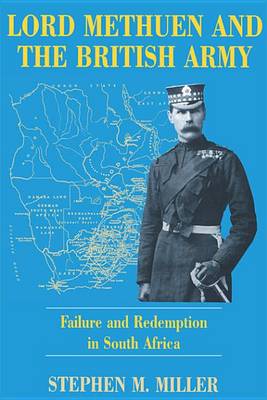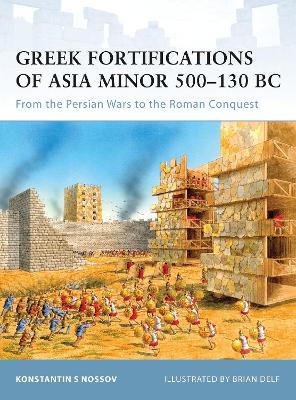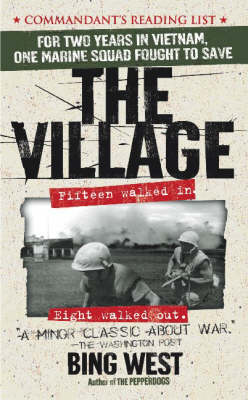The Creation of the Pla Strategic Support Force and Its Implications for Chinese Military Space Operations
by Kevin L Pollpeter, Michael S Chase, and Dr Eric Heginbotham
While many books have been written on the Falklands War, the role of the Gurkhas has been largely neglected. This is much more than a personal account. Thanks to extensive research, drawing on both British and Argentine sources, this fine book is both an accurate and vivid record of the invaluable contribution of these legendary and fearless fighters to the success of the campaign.
Manchester Pals, The: a History of the Two Manchester Brigades
by Michael Stedman
Unlike its near neighbour, working-class Salford, Manchester proved able to raise eight Pals battalions. Initially, these battalions were composed of middle-class men who experience before the war years was within the commercial, financial and manufacturing interests which formed the foundations of Edwardian Manchester's life and prosperity. Manchester was undeniably proud of its pals battalions; that the area was capable of raising. Seven months after their arrival in France the battle of th...
The Battle of New Orleans was the climactic battle of America's "forgotten war" of 1812. Andrew Jackson led his ragtag corps of soldiers against 8,000 disciplined invading British regulars in a battle that delivered the British a humiliating military defeat. The victory solidified America's independence and marked the beginning of Jackson's rise to national prominence. Hailed as "terrifically readable" by the Chicago Sun Times, The Battle of New Orleans is popular American history at its best, b...
Armed Conflict and the Environment
An essential resource for students, practitioners, and policymakers, this book reveals the different roles that the environment has played in armed conflicts across geographic regions and time periods. From local protests to declared wars from World War II through the post-Cold War era, this single-volume encyclopedia introduces readers to conflicts at various scales. Through case studies, it uniquely considers the ways in which the environment has influenced them, adopting the perspective that...
After the horrors of 9/11, the British armed forces were called upon to by the government to engage new enemies in faraway lands. Spearheading the War on Terror, Royal Marines led British troops into Afghanistan in 2002 to oust the Taleban and scatter al-Qaeda. Then in March 2003, again it was the Royal Marines who kicked off the Second Gulf War with an assault in southern Iraq to pave the way for the removal from power of the brutal Saddam Hussein.Since then, the men and women of the British fo...
The Soviet-Afghan War 1979-89 (Essential Histories) (Guide to...)
by Gregory Fremont-Barnes
The Soviet invasion of its neighbour Afghanistan in December 1979 sparked a bloody nine-year conflict in that country until Soviet forces withdrew in 1988-89, dooming the communist Afghanistan government to defeat at the hands of the Mujahideen, the Afghan popular resistance backed by the USA and other powers. The Soviet invasion had enormous implications on the global stage; it prompted the US Senate to refuse to ratify the hard-won SALT II arms-limitation treaty, and the USA and 64 other count...
A collection of expert articles provides an informative and critical insight into homeland security and the new intelligence community in the post-9/11 environment. Few issues are as important-or as controversial. Homeland Security and Intelligence offers a series of articles written to inform readers about changes in homeland security intelligence, to explain the new structure of the intelligence community (IC), and to enable readers to question the effectiveness of the new intelligence proces...
From General Michael Collins to Lieutenant General Dermot Earley, the Irish Defence Forces have been led by a succession of outstanding and distanced Chiefs of Staff. Their leadership has been vital and decisive from the Forces' turbulent founding through the Emergency, the early pioneering years of United Nations' peacekeeping missions, the difficult and demanding period of the Northern troubles and through a time of intense reform and re-organisation. The Defence Forces Headquarters Mess in Mc...
WINNER OF THE LONGMAN-HISTORY TODAY BOOK PRIZE 2019 WINNER OF THE TEMPLER MEDAL BOOK PRIZE 2019 WINNER OF THE DUKE OF WELLINGTON MEDAL FOR MILITARY HISTORY 2019LONGLISTED FOR THE ORWELL PRIZE FOR POLITICAL WRITING 2019 'Brilliant. The best discussion of soldiers in combat, their motivation, behaviours and fears, that I have come across' Robert Fox, Evening StandardOur Boys brings to life the human experiences of the paratroopers who fought in the Falklands War, and examines the long aftermath o...
Lord Methuen and the British Army: Failure and Redemption in South Africa
by Stephen M. Miller
Greek Fortifications of Asia Minor 500-130 BC (Fortress, #90)
by Konstantin Nossov and Konstantin S Nossov
Sandwiched between the heart of ancient Greece and the lands of Persia, the Greek cities of Western Anatolia were the spark that ignited some of the most iconic conflicts of the ancient world. Fought over repeatedly in the 5th century BC, their conquest by the Persians provided a casus belli for Alexander the Great to cross the Hellespont in 334 BC and launch the battle of Granicus and the sieges of Miletus and Halicarnassus. A blend of Greek and Asian styles of military architecture, these fort...
War and Technology: A Very Short Introduction (Very Short Introductions)
by Alex Roland
Humans were born armed. Before Homo sapiens first walked the Earth, proto-humans had manufactured spears and other tools not only to hunt and defend themselves but also to attack other humans. The war instinct is part of human nature, but the means to fight war depend on technology. Politics, economics, ideology, culture, strategy, tactics, and philosophy have all shaped war, but none of these factors has driven the evolution of warfare as much as technology. Expanding on this compelling thesis,...
War of Independence: the British Army in North America, 1775-1783
by Sir John Fortescue
The War of Independence is a detailed and spirited history, told from the British perspective, of military operations during the American Revolution. Written by a foremost authority on the British Army, this superbly narrated account of the war brings to life the ebb and flow of the fighting, the colour of eighteenth-century warfare and the harsh realities of war in North America and the West Indies. This concise account of the war is taken from Sir John Fortescue's multi-volume A History of the...
In Black Hawk Down, the fight went on for a day. In We Were Soldiers Once & Young, the fighting lasted three days. In The Village, one Marine squad fought for 495 days--half of them died. Few American battles have been so extended, savage and personal. A handful of Americans volunteered to live among six thousand Vietnamese, training farmers to defend their village. Such "Combined Action Platoons" (CAPs) are now a lost footnote about how the war could have been fought; only the villagers rema...
